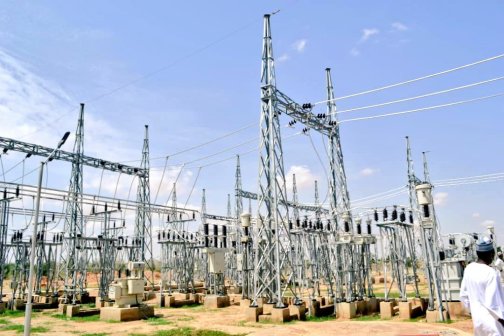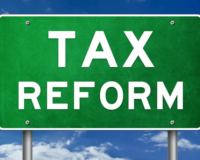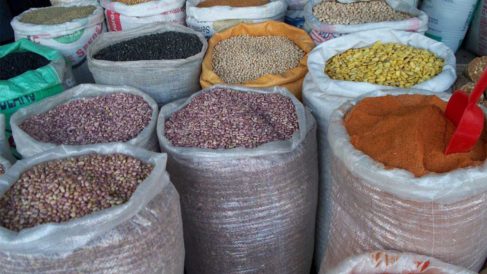After initial delays, the federal government and promoters of the Qua Iboe Power Plant (QIPP), a private generating company, have commenced negotiations over a power purchase agreement (PPA) for the 540MW project in Ibeno, Akwa Ibom state, TheCable reports.
The agreement, if signed, will see the government commit to about $30 million monthly take-or-pay obligation when the power plant comes on stream in 2025.
In 2017, the federal government had approved the PPA negotiated by the Nigerian Bulk Electricity Trading Plc (NBET) with the new investors in QIPP, led by the Black Rhino.
NBET — the body that buys power from the generating companies (GenCos) through PPAs and sells to the distribution companies (DisCos) through vesting contracts — later objected to the QIPP purchase agreement citing the risks.
Following NBET’s reluctance to bear the financial risks associated with the operations of the plant, QIPP wrote to Ibrahim Gambari, chief of staff to President Muhammadu Buhari, asking for his intervention.
QIPP said it could not bear the financial risk alone and that only a pull/call option agreement (PCOA) can make the project bankable and investors get returns on their investment.
The PCOA defines the obligations of each party in case of a default and this is often needed for the project sponsors to approach funders.
QIPP promoters said the contract must present sufficient protections to justify investing about $1 billion in Nigeria, with the PPA ensuring both parties are obligated to undertake their responsibilities to make the contract work.
Gambari, in his response, asked Zainab Ahmed, minister of finance, to propose “remedial action” and provide an “indicative timeline” to close the deal.
Nigeria’s current deal with Azura-Edo Power obligates the country to pay at least $30 million a month whether or not the country takes the power generated by the plant.
Azura is the only private GenCo given a sovereign guarantee by the federal government following the World Bank partial risk guarantee (PRG) signed by Nigeria in August 2015.
But the Transmission Company of Nigeria (TCN) has limited capacity to take the power generated by the GenCos, forcing the company to give priority to Azura while other plants are asked to reduce their production.
Meanwhile, the energy generated by QIPP is expected to be transmitted to the national grid through the Ikot-Abasi- Ikot Ekpene transmission line, which is still under construction by NDPHC and also facing huge challenges over the right of way.
The gas-fired power project, slated to begin commercial operations in 2025, is estimated to cost about $1.1 billion, with a proposed 58-kilometre transmission line that will link the plant to the national grid.
QIPP has entered into a 20-year gas supply agreement with Exxon Mobil to get 400 million standard cubic feet per day of gas through its deep offshore facility.
Also, the project will benefit from a World Bank PRG covering $150 million loans, TheCable learnt.
Under the presidential power initiative (PPI), the Buhari administration is projecting to increase the “delivered ” generation capacity from the current 5,000MW to 7,000MW in 2021, 11,000MW in 2023 and 25,000MW in 2025.







